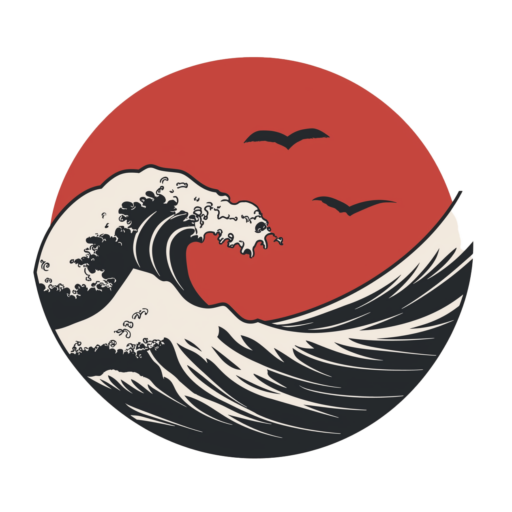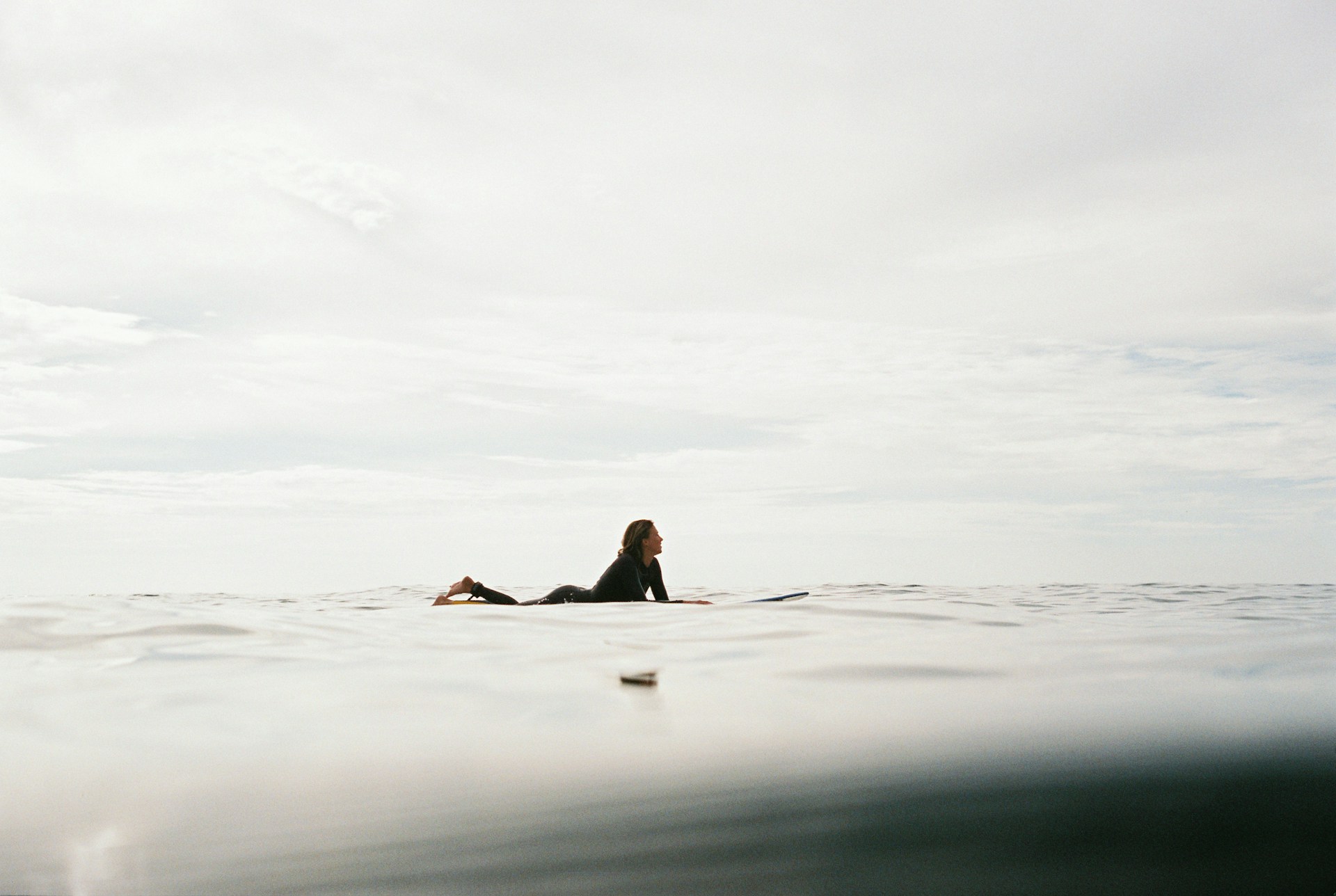Surfing, an emblem of freedom and adventure, has been a popular pastime and competitive sport in Portugal for decades. Historically, the sport’s competitive scene has been male-dominated, but times have been changing. Women in Portugal are not just catching waves; they are making waves by breaking barriers and challenging norms in the surfing industry.
Early Beginnings
The roots of surfing in Portugal date back to the 1970s, a time when the sport started gaining popularity among a narrow circle of enthusiasts. Back then, surfing was largely a male activity, with few women daring to don wetsuits and ride the Atlantic swells. However, the curiosity and passion for surfing among women began to grow, and so did their presence in the sport.
Progress through the Decades
By the 1990s, a noticeable shift began to occur. Female surfers were starting to make their mark, participating in local competitions and fostering a community of like-minded athletes. The growth of surfing schools and surf camps, particularly in areas like Ericeira and Peniche, provided women with more opportunities to learn and excel in surfing.
The 21st Century Boom
Fast forward to the 21st century, and women’s participation in surfing competitions has blossomed. This newfound momentum can be attributed to several key factors:
- Increased Visibility: Media coverage of women’s surfing has improved drastically, with more focus on events and athletes. This has helped inspire young girls to pursue the sport.
- Supportive Organizations: The Associação Nacional de Surfistas (National Association of Surfers) and other local bodies have been pivotal in promoting women’s surfing by organizing events and providing platforms for female surfers.
- Equal Opportunities: There has been a global push for gender equality in sports, and Portugal is no exception. Equal prize money for male and female surfers has become the standard, encouraging more women to compete.
Pioneering Athletes and Rising Stars
Several Portuguese women have been instrumental in challenging stereotypes and setting benchmarks in the world of surfing. Here are a few notable athletes:
Teresa Bonvalot
Teresa Bonvalot is a name that resonates well beyond Portugal. Born in Cascais, she began surfing competitively at a young age. Bonvalot has consistently performed well on the World Surf League (WSL) Qualifying Series, representing Portugal on the international stage. Her career highlights include multiple national titles and impressive performances in international competitions.
Yolanda Hopkins
Hailing from Faro, Yolanda Hopkins has quickly become a force to be reckoned with. Hopkins shot to fame with her stellar performance in the 2019 ISA World Surfing Games and has since been a constant presence in top-tier competitions. Her aggressive style and tenacity in the water make her a role model for aspiring female surfers.
Carol Henrique
Carol Henrique, another standout performer, has made significant contributions to the sport in Portugal. Born in Brazil but representing Portugal, Henrique has clinched several national championships and continues to be an influential figure in the surfing scene. Her dedication and passion have helped elevate the profile of women’s surfing in Portugal.
Key Competitions in Portugal
Portugal hosts a range of prestigious surfing competitions that provide platforms for female surfers to showcase their skills. Here are some events that have been particularly important in promoting women’s surfing:
MEO Rip Curl Pro Portugal
As part of the World Surf League Championship Tour, MEO Rip Curl Pro Portugal is one of the most prominent surfing events globally. Held in Peniche, this competition attracts world-class talent, including Portugal’s finest female surfers. The event’s inclusion of women’s divisions highlights the country’s commitment to gender inclusivity in surfing.
Caparica Surf Fest
Caparica Surf Fest has grown into a cornerstone event for both male and female surfers. This festival is not just about competition but also celebrates surf culture, music, and camaraderie. Having a dedicated women’s category encourages participation and fosters a supportive environment for female athletes.
Allianz Billabong Pro Cascais
Another significant event on the Portuguese surfing calendar is the Allianz Billabong Pro Cascais. This competition is part of the WSL Qualifying Series and offers an opportunity for rising stars to compete against more seasoned surfers. Women’s participation in such events has increased the level of competition, pushing athletes to new heights.
Breaking Barriers and Overcoming Challenges
Despite the progress, women’s surfing in Portugal still faces challenges. Traditional gender roles and stereotypes remain obstacles for many female surfers. However, continued advocacy and changing societal attitudes are dismantling these barriers.
Surf schools and camps play an essential role in fostering talent and encouraging young girls to take up surfing. Initiatives like the Girls Surf Day, organized by various surf schools, create safe and supportive environments for young female surfers to learn and grow in the sport.
Media Representation and Financial Support
Positive representation of female surfers in the media is crucial. By showcasing the achievements and stories of women in surfing, the media can inspire the next generation of surfers. Role models like Teresa Bonvalot and Yolanda Hopkins serve as tangible examples of what dedication and hard work can achieve.
Securing sponsorships remains a significant challenge for many female athletes. However, as more brands recognize the potential and talent within women’s surfing, sponsorship opportunities are gradually increasing. Companies investing in women’s surfing help elevate the sport’s profile and contribute to the athletes’ professional development.
Future Prospects: Riding the Wave of Change
The future of women’s surfing in Portugal looks promising. With increasing support from governing bodies, sponsors, and the community, women are poised to further impact the sport. Continued efforts to level the playing field in terms of prize money, media coverage, and opportunities will ensure that women’s surfing continues to thrive.
Grassroots movements and local surfing clubs are vital in cultivating talent and passion for surfing among young women. By providing access to resources and training, these clubs help break down socio-economic barriers that might prevent potential talents from reaching the waves.

